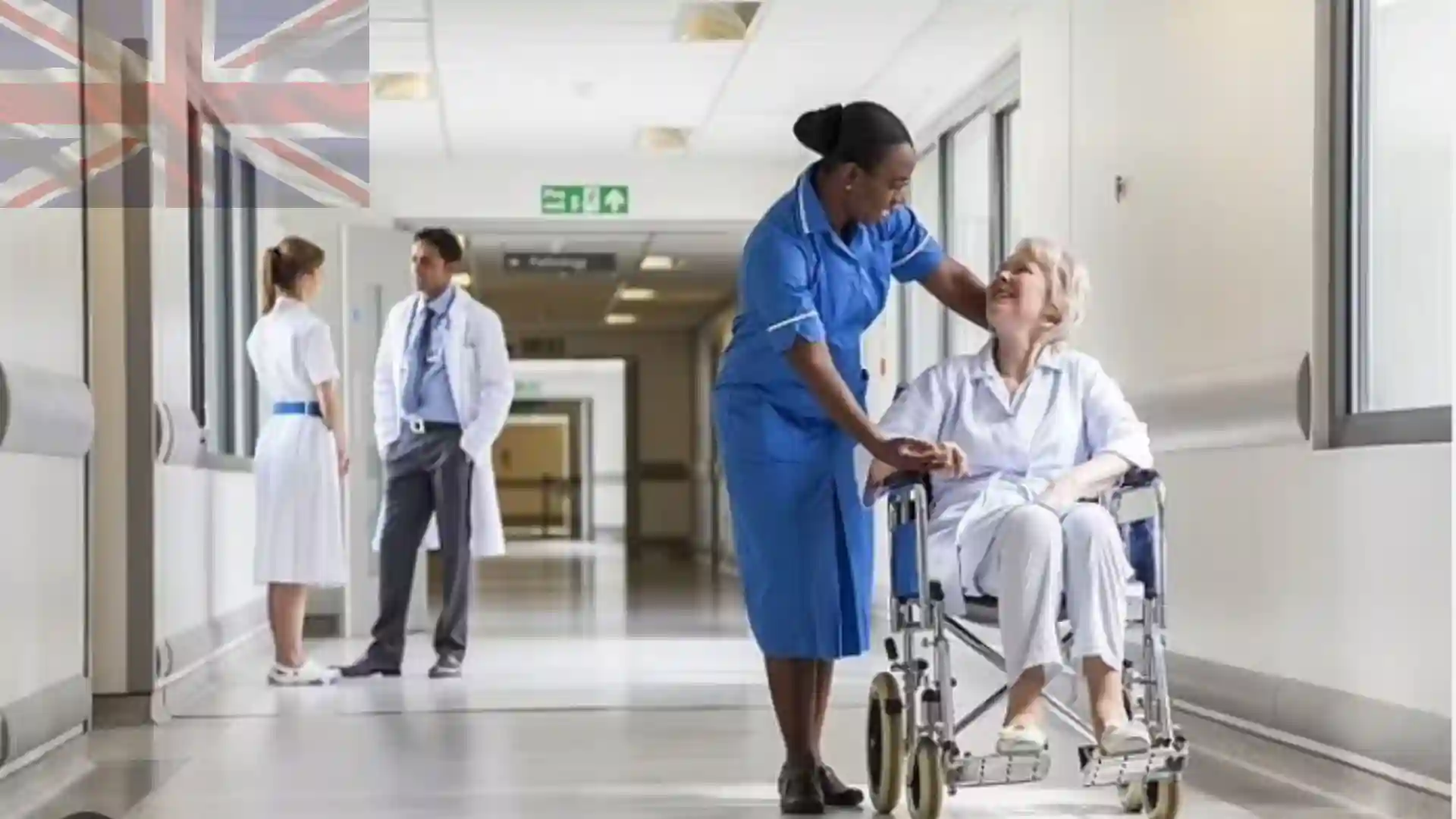The British government has unveiled a new plan to reduce immigration, consisting of five key points. The plan includes prohibiting care workers from bringing their families and increasing the minimum salary requirement for skilled worker visas.
Home Secretary James Cleverly is facing pressure to demonstrate a tough stance on immigration. This initiative is a response to Conservative Party concerns over the failure of the Rwanda deportation scheme and high levels of net migration. Mr. Cleverly claims that this plan is more stringent than previous government approaches and covers health and care visas, skilled worker visas, family visas, the shortage occupation list, and student visas. Cleverly said:
In the year ending September 2023, 101,000 Health and Care visas were issued to care workers and senior care workers, with an estimated 120,000 visas granted to associated dependants, the majority of whom we estimate don’t work, but still make use of public services.
Here are the measures outlined by the British government:
1. Health and care visas: Overseas care workers will not be allowed to bring their family members (a husband or wife, civil partner or unmarried partner, and children under 18) with them to prevent misuse of the health and care visa. Care firms sponsoring visa applications must be regulated by the Care Quality Commission.
2. Skilled worker visa minimum salary: The minimum salary requirement for skilled worker visas will increase by almost 50% from £26,200 to £38,700. However, health and care workers will have a lower threshold.
3. Shortage occupation list: The government aims to reform the system for workers in sectors facing staff shortages, making it harder for them to hire overseas workers at discounted rates. The list of jobs on the shortage occupation list will also be reviewed and reduced.
4. Family visas: The minimum financial requirement for family visas will be raised to £38,700 to ensure that those bringing dependants can financially support them. Currently, the threshold is set at £18,600, based on 2012 rates.
5. Student visas: The government will review the graduate route to prevent misuse and protect the quality of UK higher education. This follows previous restrictions on family members accompanying students on their visas.
Mr. Cleverly said that these measures, combined with previous ones for students, would have stopped about 300,000 people from entering the UK last year. He also mentioned plans to raise the immigration health tax from £624 to £1,035. The Conservative government’s aim is to regain control of borders through a points-based system that prioritises necessary skills and talent for economic growth and healthcare. They want fair, consistent, legal, and sustainable immigration policies. Mr. Cleverly expects the plan to prevent around 120,000 dependents from entering on health and care visas, but he believes that the number of workers in the sector will not decrease as there are enough domestic workers to fill any gaps.
Yvette Cooper, the Labour Party’s shadow home secretary, criticized the government’s statement, calling it an admission of failure. She accused Rishi Sunak of implementing and reversing policies without consistency. Steve Reed, Labour’s shadow environment secretary, supports reducing dependants entering the country but suggests a gradual implementation to avoid shortages in care workers. UKHospitality warned that the changes would worsen staff shortages in the hospitality sector.
The new measures announced by the UK government may make it more difficult for Zimbabweans to migrate to the UK. Thousands of Zimbabwean care workers have been migrating to the UK to flee the biting economy at home but these measures could limit the number.

